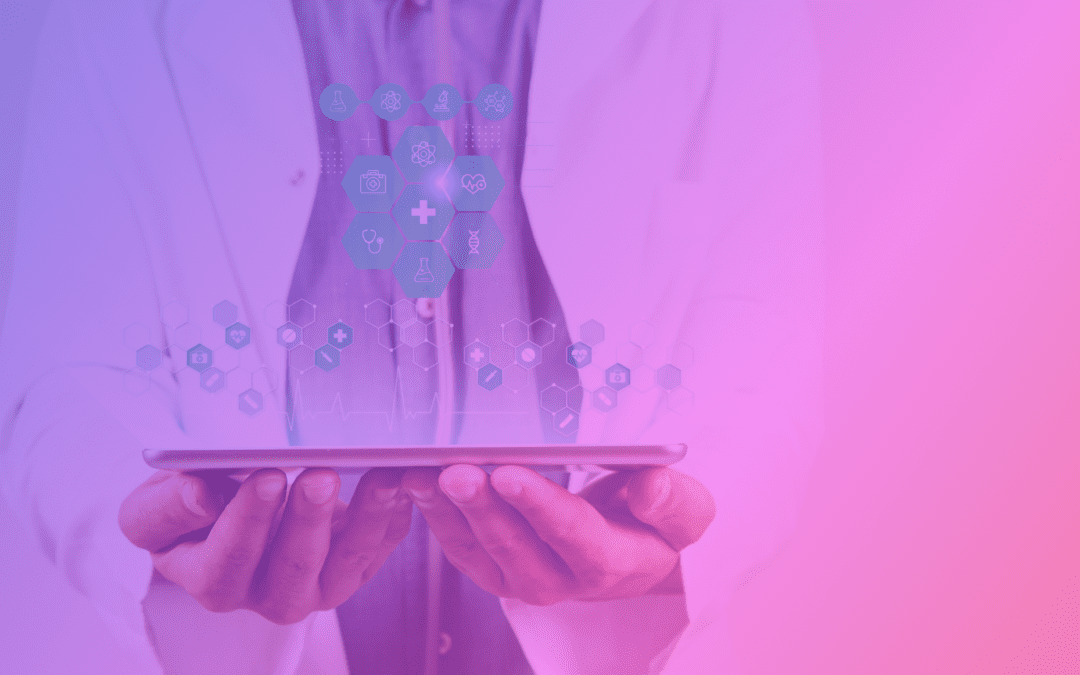The Intersection of Technology and Health: Unlocking a Future of Innovation and Care
Technology’s pervasive influence on our daily lives extends its transformative touch into the heart of healthcare, reshaping the way we perceive and experience medical services. From telemedicine to artificial intelligence (AI) and robotics, the evolving landscape of health technology promises a multitude of benefits, triggers concerns, and sets the stage for promising future prospects.
Benefits of Technology in Health: A Glimpse into Progress
One beacon of progress is the remarkable enhancement of healthcare accessibility. Telemedicine, a beacon of this transformation, facilitates virtual consultations, especially crucial in underserved rural areas where traditional healthcare access is limited. Beyond convenience, it empowers healthcare providers to reach a broader audience swiftly, responding effectively to emergencies and increasing the overall efficiency of healthcare delivery.
The recent emergence in telemedicine adoption, accelerated by the challenges posed by the COVID-19 pandemic, underscores its adaptability and potential. Patients and providers alike have embraced remote consultations as a safer alternative, not only streaming healthcare delivery but also reducing the strain on healthcare systems by minimizing unnecessary in-person visits
Another cornerstone of health technology lies in remote patient monitoring through wearable devices. These devices, equipped to track vital signs and health metrics, offer real-time insights to healthcare providers, fostering proactive interventions and early disease detection. This not only holds the promise of saving lives but also contributes to the reduction of healthcare costs through preventative measures.
Particularly beneficial for individuals with chronic conditions, remote patient monitoring enables personalized care within the familiar confines of one’s home. The embrace of data-driven healthcare further empowers providers with accurate and up-to-date information for informed decision-making.
Concerns about Technology in Health: Navigating the Challenges
While the benefits of health technology are profound, concerns have emerged, demanding a delicate balance. Chief among these is the potential to widen healthcare disparities. Despite its potential to increase access, technology requires reliable internet access and equipment, presenting a challenge in low-income communities. Addressing this digital divide becomes imperative to ensure equitable access.
Privacy and security stand as sentinel concerns in the realm of health technology. The sensitive nature of information collected by wearables and other health technologies necessitates robust data protection measures to guard against exposure or misuse by third parties. Safeguarding patient privacy is paramount in maintaining trust in these transformative technologies.
Additionally, there’s a concern about the potential erosion of human interaction in healthcare, risking the loss of empathy and personalized care. Striking a harmonious balance between technological efficiency and the human touch becomes crucial for sustaining the patient-provider relationship.
Future Prospects: A Glimpse into Tomorrow’s Healthcare Landscape
The challenges notwithstanding, health technology stands poised to continue its transformative journey. Artificial Intelligence, a beacon of innovation, holds the promise of revolutionizing disease detection, diagnosis, and drug development. Machine learning algorithms can analyze vast datasets, detect patterns, and contribute to accurate diagnoses and drug discovery.
Robotics and telemedicine are anticipated to become even more comprehensive, offering safer surgeries and efficient remote patient care. Robotic-assisted surgeries enhance precision and reduce recovery times, while telemedicine bridges geographical gaps, bringing specialized care to remote areas.
Advances in genomics and personalized medicine open doors to more precise treatments tailored to individual patients. Genetic testing provides insights into susceptibility to diseases, guiding treatment decisions. Targeted therapies and precision medicine offer the potential to improve treatment outcomes while minimizing adverse effects.
Conclusion: Navigating the Nexus of Progress and Caution
In the current landscape of healthcare technology, the benefits are tangible, offering improved access, real-time insights, and innovative solutions. However, acknowledging and addressing potential challenges is equally crucial to ensure technology doesn’t inadvertently exacerbate disparities or compromise privacy. By carefully balancing the promises and profiles, we can harness the full potential of technology to elevate healthcare outcomes for all, ushering in a future where innovation and care coexist seamlessly.

